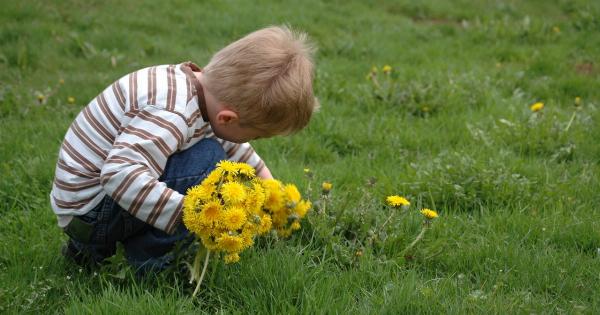Narcissism is a term used to describe an individual who is obsessed with themselves, their appearance, and their achievements, often at the expense of others.
Substance abuse, eating disorders, and an unhealthy obsession with one’s own image can all be linked to narcissistic tendencies.
While not all children will develop narcissistic tendencies, it is important to take steps to prevent this behaviour from developing in your child. Below is a guide to raising a kinder child and avoiding narcissistic behaviours.
Teach Empathy
Empathy is the ability to understand the feelings of others. Teaching your child empathy is paramount in preventing the development of narcissistic tendencies.
Encourage your child to put themselves in someone else’s shoes and understand why they might be feeling upset or emotional.
This can be done by asking questions such as “how would you feel if someone did that to you?” or “can you imagine how they must be feeling right now?” By teaching your child empathy, you are showing them the value of kindness and compassion, and this can go a long way in preventing narcissistic behaviour.
Avoid Overindulging
Overindulging a child can lead to a sense of entitlement. It is important to teach your child the value of hard work and earning rewards. For example, if your child wants a new toy, consider creating a chore chart.
Every time your child completes a chore, they earn a star. Once they have enough stars, they can earn the reward they have been working towards. By teaching your child the value of earning rewards, they learn the value of hard work and the importance of being humble.
Encourage Gratitude
Gratitude is the act of being thankful for the things you have. Encourage your child to practice gratitude by teaching them to say “thank you” when someone does something kind or thoughtful.
It is also important to teach your child to appreciate the things they have, rather than always wanting more. This can be done by encouraging your child to donate toys they no longer play with, or by having them write down things they are thankful for each day.
By practicing gratitude, your child will learn to appreciate the things they have and be a kinder, more humble person.
Praise the Action, Not the Result
When your child accomplishes something, it is important to praise their effort and the action they took, rather than the result.
This reinforces the importance of hard work and celebrates the effort they put in, rather than solely focusing on the end result.
For example, instead of saying “you’re so smart for getting an A on that test,” say “I am so proud of the hard work you put into studying for that test.” By praising the effort, your child will learn the value of hard work and will be less likely to develop narcissistic tendencies.
Teach Respect
Respect is a core value that is essential in preventing narcissism. Teach your child to respect others, regardless of their age, gender, or social status.
This can be done by teaching your child to use polite language, such as “please” and “thank you”, and by encouraging them to be kind and helpful to others. It is also important to teach your child to respect themselves by taking care of their body and mind, and by setting healthy boundaries.
Encourage Creativity
Creativity allows your child to express themselves in a healthy way. By encouraging your child to explore their creative side, they are learning to value self-expression, rather than just focusing on their achievements.
This can be done by providing your child with materials to draw, paint, or build, or by encouraging them to write stories or poems. By giving your child an outlet for their creativity, they learn the importance of self-expression and are less likely to focus solely on their achievements and appearances.
Teach Responsibility
Teaching your child responsibility is another core value in preventing narcissism. By giving your child age-appropriate responsibilities, they learn the importance of accountability and the value of contributing to a group or family.
For example, your child can be responsible for feeding a pet, making their bed, or doing their own laundry. By learning to take responsibility for their own actions, your child learns to value the importance of contributing to a group and is less likely to develop narcissistic tendencies.
Avoid Comparisons
Comparing your child to others can be damaging to their self-esteem and can contribute to the development of narcissistic tendencies.
It is important to focus on your child’s individual strengths and accomplishments, rather than comparing them to others.
It is also important to avoid negative comparisons, such as “why can’t you be more like your sister?” or “your friend is so much better at that than you are.” By avoiding comparisons, your child learns to value their own individuality and is less likely to develop negative behaviours such as narcissism.
Teach Humility
Humility is the act of being humble and modest about one’s achievements. Teaching your child humility is a vital step in preventing narcissistic tendencies.
Encourage your child to acknowledge and celebrate their accomplishments without bragging or boasting. This can be done by teaching them to say “thank you” when praised, rather than boasting about their achievements.
By teaching your child humility, they learn that being kind and modest is more important than being self-absorbed or conceited.


























